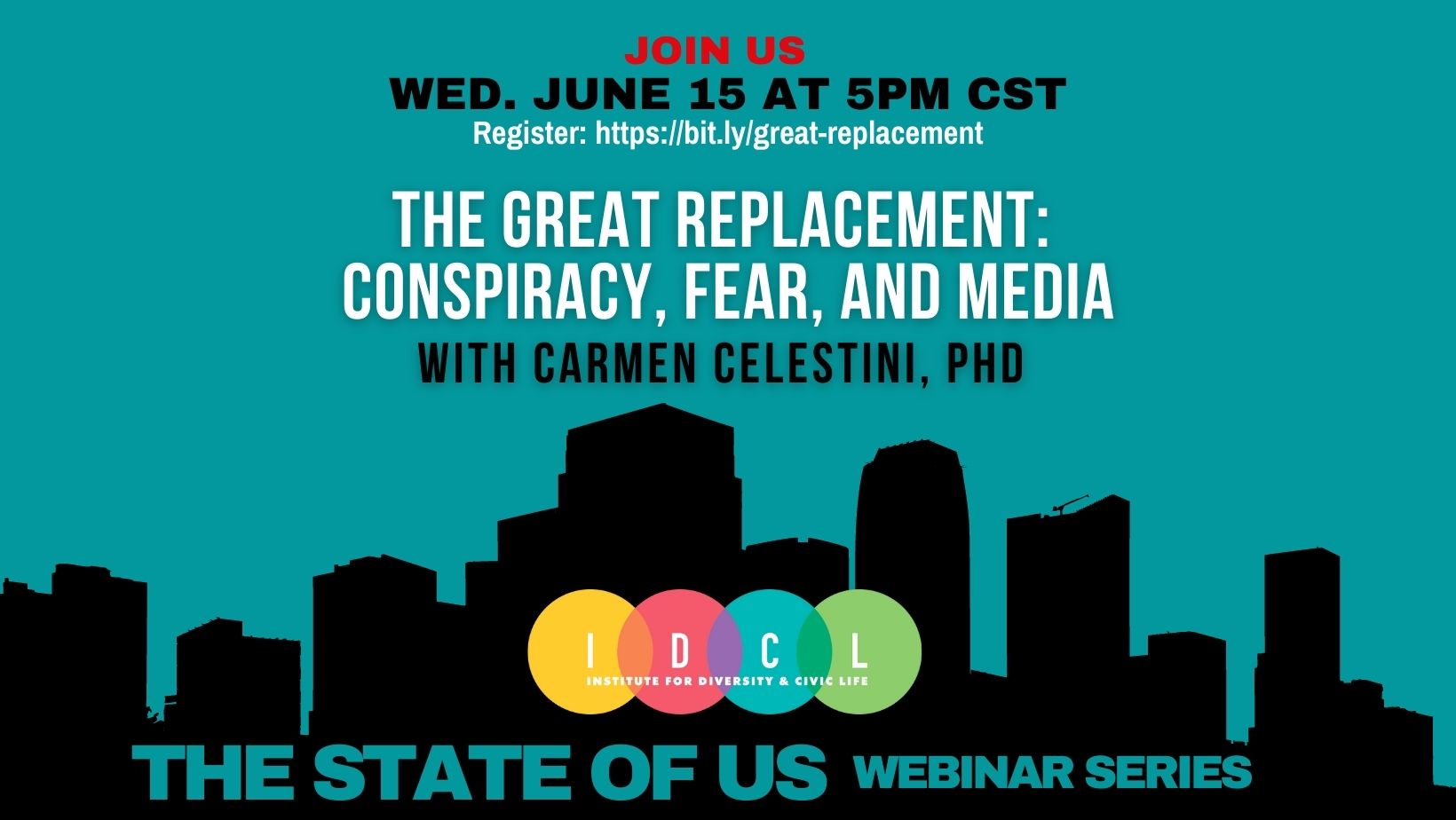Ideas of traditional gender roles, a ruling cabal working to create a New World Order through feminists, LGBTQ2SA communities and feminists as the enigma of the end of “America, are not new. The battle to control women’s bodies through a rhetoric of nationalism and conspiracy theories is also not a new tactic, what is new is the use of SCOTUS to support these movements.
Category: Uncategorized
Abacus Poll – Canadians Believe in Conspiracy Theories
This week Abacus Polling released their findings on Canadian belief in conspiracy theories such as the Great Replacement and the Great Reset. Discussing these theories and the greater implications to society with Matt Galloway on CBC The Current, myself and other experts grappled with the idea of growing beliefs in conspiracy and how we as a global society need to understand and address these issues.
January 6th a Canadian Perspective
As the January 6th hearings are being broadcast Canadians too are watching. The role of conspiracy theories and extremism in the events of January 6th are similar to the events on our own nation’s capital and border crossings with the so called Freedom Convoys. Conspiracy theories and extremism on the internet are not bound by borders and as populism, anger, and fear rise we too in Canada can feel the impact of these movements. For decades those who were conspiracists, extremists, and on the margins of society were dismissed and mocked we are all now feeling the implications of our dismissals.
The Great Replacement
The Great Replacement is a racist conspiracy theory that has been propagated for decades through dystopian novels. The conspiracy has become the mechanism through which hate ideologies are spread, both subtly and openly on social media, gaming, and through memes with real world consequences.
The Great Replacement conspiracy theory has fuelled acts of violence and a rise in extremism and populism across North America, including the recent killing of 13 people at a supermarket in Buffalo, NY.

On June 15, I’ll be be presenting an historical overview of this conspiracy theory as part of The State of US webinar series, and sharing my latest research into its more recent manifestations, including through extremist groups in Texas.
Register here to attend The Great Replacement: Conspiracy, Fear, and Media.
Angry Christians: The Rising Theocracy in America
On April 28th Dr. Mia Bloom and I spoke at Montclair State University for their series on the rise of theocracy in America. We were the final instalment of the series, and addressed the role of conspiracy theories in Christian socio-political movements in the country. Dr. Bloom spoke predominately about the QAnon conspiracy, while I addressed broader conspiracies, situating them historically in America and in the contemporary context. It was a great conversation, and one that will be continued at a round table presentation at the American Academy of Religion national conference in November.
Angry Religion: The Rise of American Theocracy
On April 28th myself and Dr. Mia Bloom will be guests of Montclair University’s Religious Studies Department and will be presenting in the final instalment of the Angry Religion series. We will be addressing conspiracy theory and religion in North America, as well as taking questions from the live and virtual audiences. To register or please see the attached for more information.
Google Algorithms
Have you ever noticed what comes up when you type in a person’s name in Google search? If you search for well-known conspiracist David Icke the subtitle under his name is “Former Footballer.” What if you look up the name of other conspiracy theorists or those associated with right-wing extremism? What does the subtitle read? Well, our recently published article explains what is happening and the possible ramifications.
Advisory Board Member
I am proud to announce that I have accepted an invitation to join The Vaccine Uptake Network, a project of the Metropolis Institute and the Association for Canadian Studies. I will be addressing the impact and role of disinformation/conspiracy theories in vaccine hesitancy in Canada. The Metropolis Institute has created a network dedicated to improving COVID-19 vaccine uptake and building confidence among newcomer and racialized communities across Canada through two key pillars: research and outreach.
Hating on Social Media Symposium
The Centre on Hate, Bias, and Extremism hosted an online symposium with scholars from across Canada engaging in a dialogue of the issues surrounding right-wing extremism on social media. I was honoured to participate with two separate presentations. Seeping Hate is a presentation of my research, in early stages, on the means through which deplatformed users continue to post content, and spread their messages. The far-right and the ugly side of social media: dark participation on BitChute is a presentation with the team at The Disinformation Project at SFU, where I am a Post-doctoral Fellow.
Conference Presentation: “History Repeating: The John Birch Society, Patriot Churches, and Political Social Movements”
I will be presenting my current research on the influence of the John Birch Society on both the Patriot Church movement and the Black Robe Regiment religo-political movements at the the Association for the Scientific Study of Religion, in Irving, Texas.
The conference will be held March 4-6, 2022. For more information about the conference, please click here.
